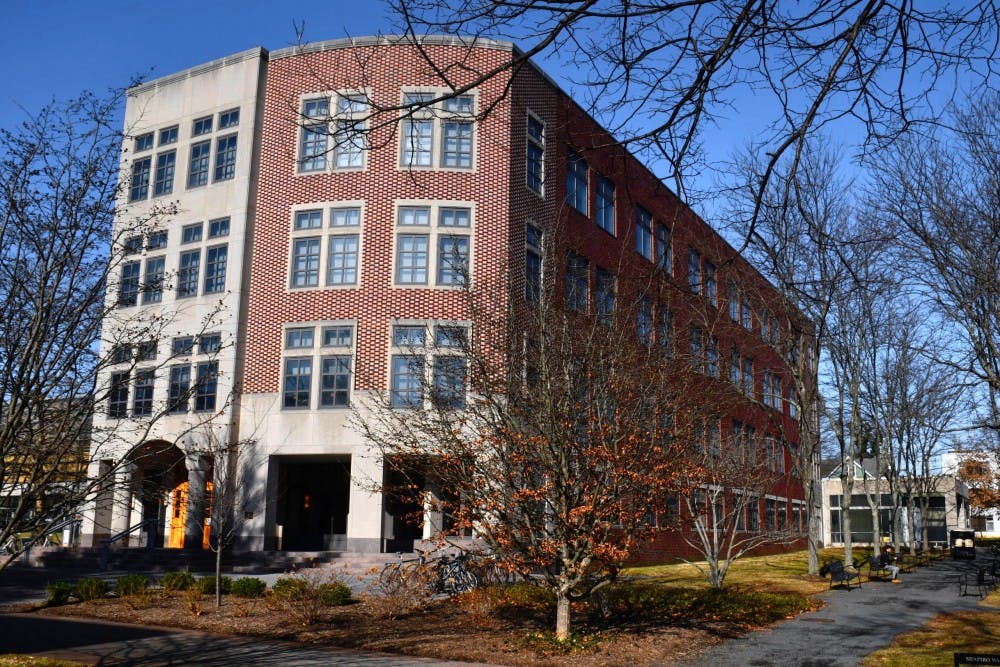In June, Lithuanian start-up company Planner 5D filed a lawsuit against the University and Facebook over alleged illegal appropriation of one of the firm’s proprietary datasets.
According to the lawsuit, the collection of files in question includes over a million “hand-crafted, digitized three-dimensional objects and scenes” that portray various designs of households and offices. These objects were created by Planner 5D over several years, at a cost of millions of U.S. dollars.
The lawsuit claims that a group of University researchers who studied the field of computer vision sought to utilize the data in Planner 5D’s collection, which are extremely valuable for the development of scene-recognition technology.
As a result, the complaint contends, the University researchers downloaded “over 2,500 of Planner 5D’s objects and over 45,000 of its scenes,” totaling over five gigabytes of data.
Multiple academic articles using the collection of data have been published by the researchers, including one titled “Physically-Based Rendering for Indoor Scene Understanding Using Convolutional Neural Networks,” in which the authors wrote, “We use a collection of 3D scene models downloaded from the Planner 5D website.”
The authors of that paper include Thomas Funkhouser, the David M. Siegel Professor of Computer Science, Emeritus, graduate students Shuran Song GS 18 and Yinda Zhang GS 18, visiting research associate Manolis Savva, as well as Adobe research scientists Hailin Jin and Joon-Young Lee.
The complaint also alleged that the University researchers labeled the data collection as “SUNCG dataset” and posted it to a URL that is accessible by the public, which allows any individual to download and utilize the data.
In a statement provided to the Daily Princetonian, University spokesperson Ben Chang wrote, “... the University is vigorously defending the case and has filed a motion to dismiss the complaint as legally deficient.”
In addition to its claims against the University, the lawsuit alleges illegal use of the Planner 5D data by Facebook Inc., and its subsidiary Facebook Technologies, LLC, which runs the virtual-reality technology firm Oculus, acquired by Facebook in 2014.
With the assistance of researchers from institutions such as Stanford University, the Georgia Institute of Technology, and the University of California, Berkeley, as well as the University, Facebook initiated the Scene Understanding and Modeling Challenge (SUMO), in which contestants may win cash prizes and a speaking slot at the “SUMO Challenge Conference” by creating scene-recognition papers and algorithms.
In coordinating the SUMO Challenge, Facebook and its associates created a copy of the SUNCG data for contestants to use within their submissions to the contest. The complaint alleges that Facebook published the copied data in a URL that belongs to Stanford University.
In return for their winnings, the contestants agreed to give Facebook the rights to use the submitted materials in commercial or non-commercial matters.

Planner 5D has claimed that the dataset, allegedly stolen and used without permission by Princeton researchers and Facebook, is considered valuable intellectual property, which comprised the core assets of the start-up.
The misappropriation of these assets, according to the complaint, has “caused catastrophic and potentially permanent damage to the company.”
When asked about the possibility of adding specific individual defendants to the complaint, in addition to Facebook and the University, Marc Bernstein of the Business Litigation Group, the legal representative for Planner 5D, stated, “as we learn the full story of what happened, which we will do, if appropriate, we will add individuals or institutions [to the list of defendants].”








